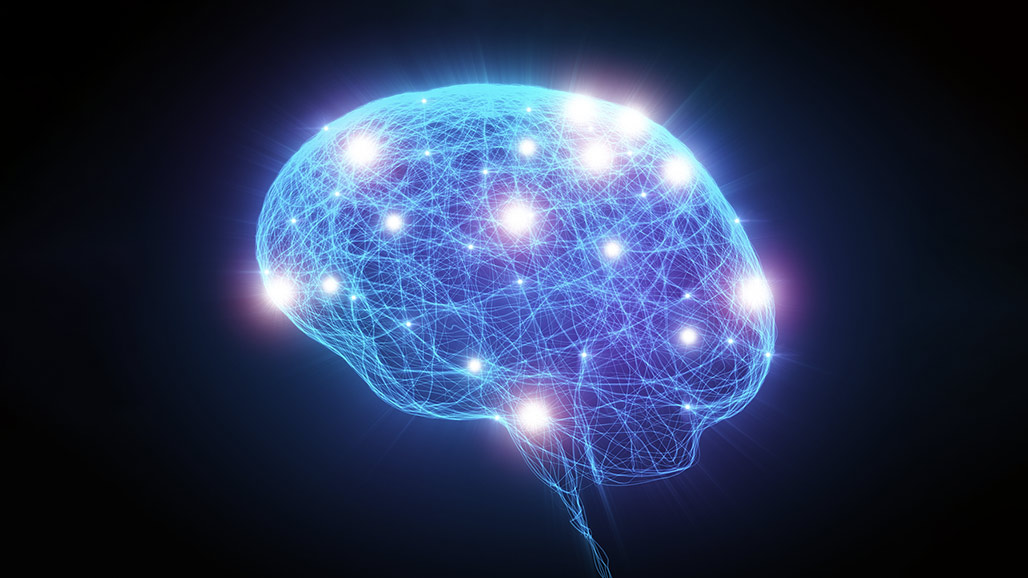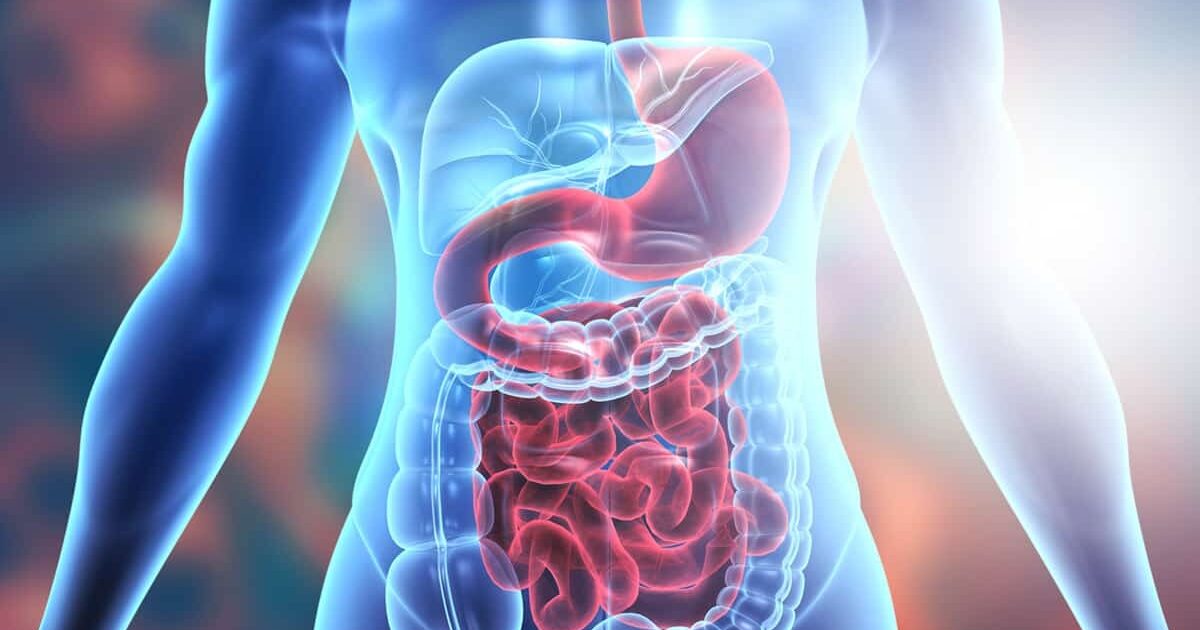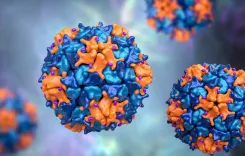Recognizing the Symptoms of Vitamin B12 Deficiency
By Ashmal Shah
6 July 2023
Vitamin B12 is a crucial nutrient that plays a significant role in maintaining our overall health and well-being. A deficiency in this essential vitamin can lead to various symptoms and health complications. In this blog post, we will explore the symptoms of vitamin B12 deficiency and why it is essential to recognize and address them promptly. By understanding these symptoms, you can take proactive steps to ensure adequate vitamin B12 intake and prevent potential health issues. Let's delve into the world of vitamin B12 deficiency and its telltale signs.

Fatigue and Weakness

One of the most common symptoms of vitamin B12 deficiency is persistent fatigue and weakness. If you often feel tired, even after getting sufficient rest, it could be a sign of low vitamin B12 levels. This vitamin plays a vital role in energy production, and a deficiency can lead to reduced red blood cell formation and impaired oxygen delivery to tissues, resulting in fatigue and weakness.
Pale or Yellowish Skin
A pale or yellowish complexion, particularly in the face and palms, can indicate vitamin B12 deficiency. Insufficient vitamin B12 levels can affect red blood cell production, leading to a condition known as megaloblastic anemia. This type of anemia causes a reduction in the number of red blood cells and can result in paleness or jaundice, giving the skin a yellowish hue.
Neurological Symptoms

Vitamin B12 deficiency can also affect the nervous system, leading to various neurological symptoms. These may include tingling or numbness in the hands and feet, difficulty with balance and coordination, memory problems, and mood disturbances. These neurological symptoms arise from the vitamin's role in maintaining the health of nerve cells and the protective myelin sheath around them.
Digestive Issues

Deficiency in vitamin B12 can impact the digestive system, leading to symptoms such as loss of appetite, weight loss, constipation, and diarrhea. It can also cause glossitis, which is inflammation of the tongue, making it swollen, red, and painful. Digestive symptoms arise due to the vitamin's role in the production of healthy red blood cells and the maintenance of the gastrointestinal lining.
Cognitive and Mood Changes

Vitamin B12 deficiency may manifest as cognitive and mood changes, including difficulty concentrating, memory loss, confusion, and depression. Adequate levels of vitamin B12 are essential for maintaining healthy brain function, and a deficiency can impact neurotransmitter production and overall cognitive well-being.
Conclusion
Recognizing the symptoms of vitamin B12 deficiency is crucial for early intervention and proper treatment. If you experience persistent fatigue, weakness, pale or yellowish skin, neurological symptoms, digestive issues, or cognitive and mood changes, it is essential to consult with a healthcare professional for diagnosis and appropriate management. Vitamin B12 deficiency can be addressed through dietary modifications or supplementation, depending on the severity and underlying cause. By being aware of these symptoms and taking proactive steps to address vitamin B12 deficiency, you can support your overall health and well-being. Remember, maintaining adequate levels of this vital nutrient is essential for a healthy and vibrant life.






